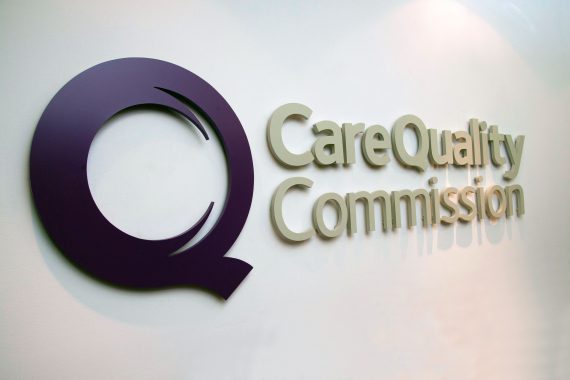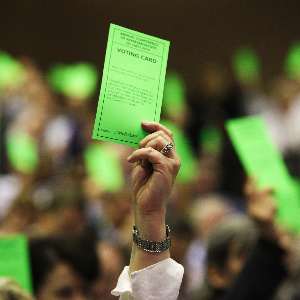CQC inspections taking GPs’ time away from patient care, finds major BMA survey

The CQC’s inspection regime for GP practices is damaging patient care by diverting resources and reducing time meant for treating patients, research carried out BMA has revealed.
A BMA survey of 1,900 GP practices in England – focusing on the impact of CQC inspections on patient care – also found that the majority of practices were forced to fund staff overtime while preparing for an inspection, and that GP services had to be significantly reduced on the day of the inspection.
Dr Chaand Nagpaul, chair of the GPC, said the results of the survey shone a light on the ‘damaging and negative failing CQC inspection regime is having on patient care,’ adding that it is unacceptable for resources to be directed away from patient care, at a time when the profession under soaring patient demand.
Pulse will be reporting live from the Special LMCs conference tomorrow. Follow all the developments at here
The BMA research found that 80% of practices reported that an inspection resulted in a reduction in time available to care for patients, while 87% of practices subsequently claimed that on the day of the inspection staff had to reduce GP services available for patients. A further 67% reported a loss of nursing time.
Other key findings from the survey included:
- 70% had to spend funding on staff overtime while preparing for the inspections, and 30% had to employ locums;
- Three-quarters of GP practices reported that staff suffered from significantly increased stress in preparing for and undergoing inspections – less than 2% reported no impact on stress levels or a decrease;
- 74% felt the inspection regime could make them more likely to leave general practice;
- And 11% regarded their final CQC rating as a fair assessment.
The results from the survey comes just a day before the Special LMCs conference, which has been called in response to the urgent pressures currently facing the profession.
Among a number of motions which will be debated at the conference in London, one has been submitted by City and East London LMC that calls for the abolition of the CQC, as well as calling on the GPC to explore options by which GP practices could lawfully withdraw from engaging with the CQC.
Last year, a Pulse survey of GPs found that nearly half of their practices were being forced to spend more than 20 staff hours preparing for a CQC inspection, with many spending hundreds of hours.
Speaking about the survey results, Dr Nagpual, added: ‘This survey demonstrates the damaging, negative impact that the CQC’s failing inspection programme is having on patient care in general practice. GPs are being forced to divert valuable time away from treating patients towards the endless box ticking, paperwork and bureaucracy that is the hall mark of this programme.
‘Vital NHS resources are being wasted on employing locums and staff to cover the work of a GP practice in the run up to and while the CQC is in the building. These findings come at a time when the CQC is proposing unacceptable and extortionate rises in their fees which will pull even more resources away from frontline services.’
He went on to add that the current inspection regime is ‘onerous’ and adds to the ‘unprecedented pressure’ practices are already facing.
Dr Nagpaul added: ‘However, the current system is disproportionate, onerous and flawed. It is unacceptable that precious resources and time is being taken away from patient care when general practice is under unprecedented pressure from soaring patient demand, falling resources, staff shortages and unresourced work being moved from hospitals into the community.’
GPs call for abolition of CQC

LMCs conference 2013 – voting card – online
Source: Jon Enoch
The survey comes ahead of the special LMCs conference tomorrow. Among the motions to be discussed include one from London GPs, calling for the abolition of the CQC.
The motion says:
CITY AND EAST LONDON: That conference believes that over regulation and monitoring of the profession has eroded morale and had an adverse effect on the sustainability of General Practice, and:
(i) opposes any increase in the fees demanded of practices by the Care Quality Commission and demands that all fees be fully reimbursed.
(ii) demands that GPC actively campaigns to abolish the regulation of General Practice by the CQC.
(iii) demands that GPC produces realistic proposals for an effective peer led quality assurance scheme for General Practice based on criteria that improve patient care and safety.
(iv) calls on GPC to explore all options by which GP practices could lawfully withdraw from engaging with the Care Quality Commission.
Portfolio careers
What is the right portfolio career for you?














